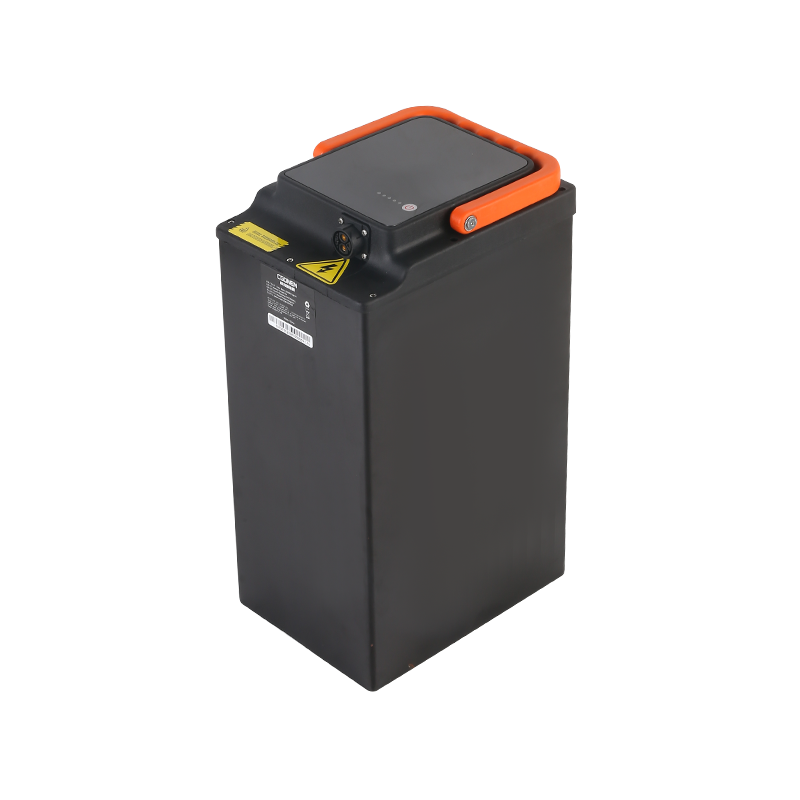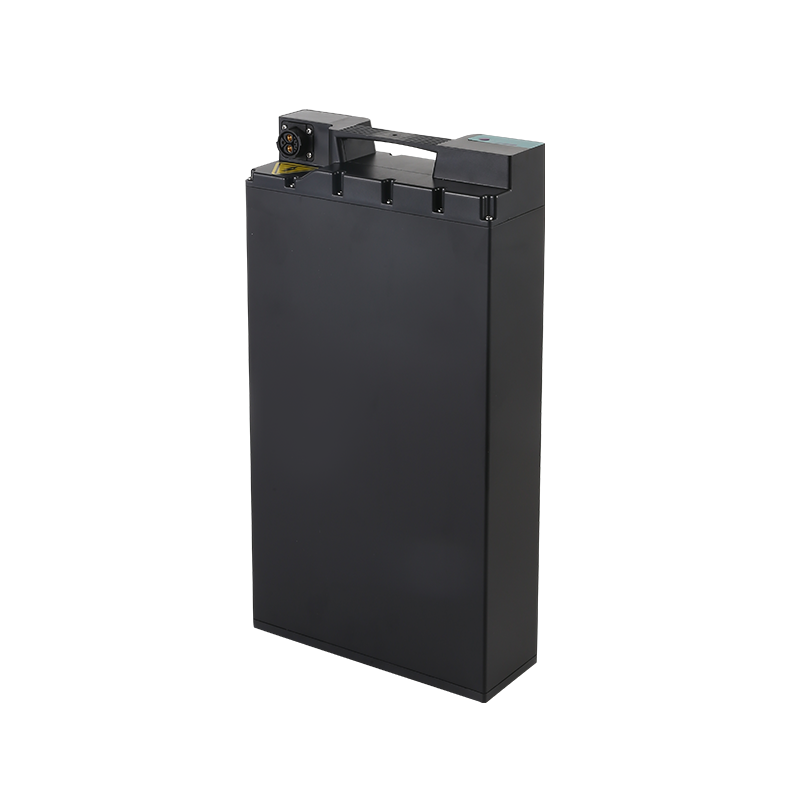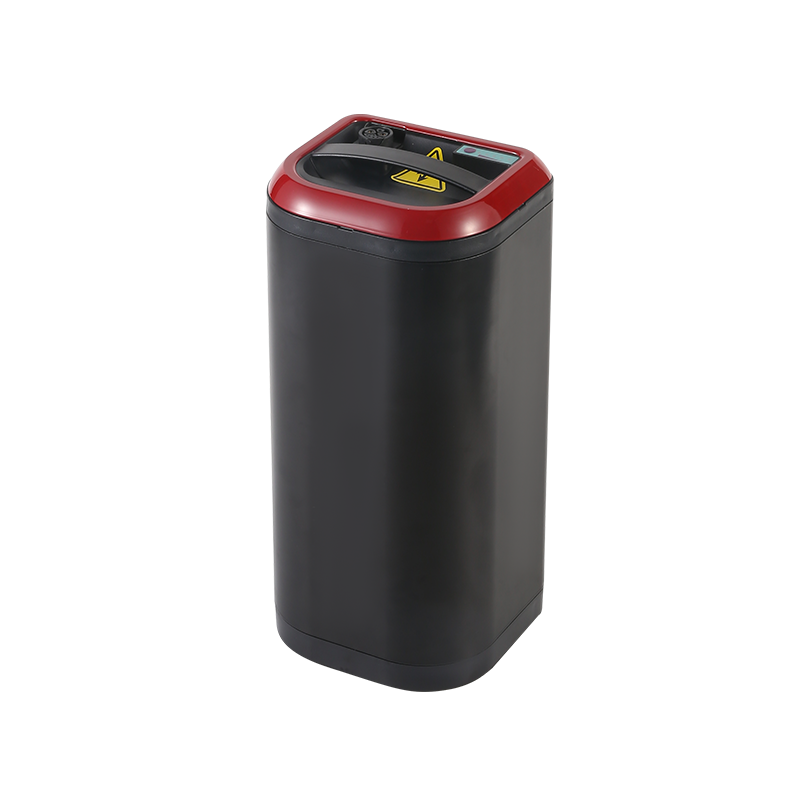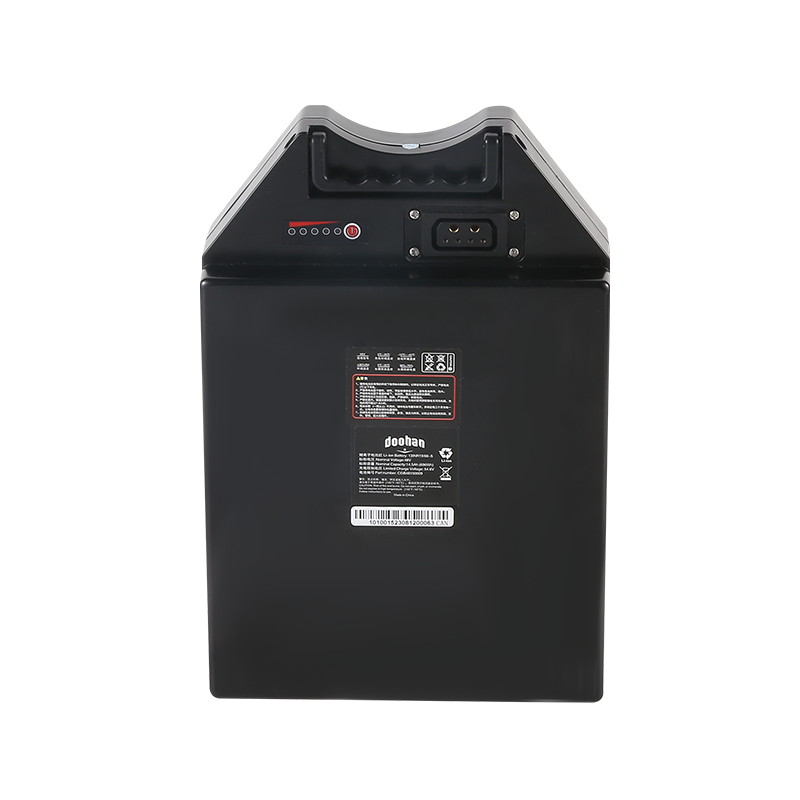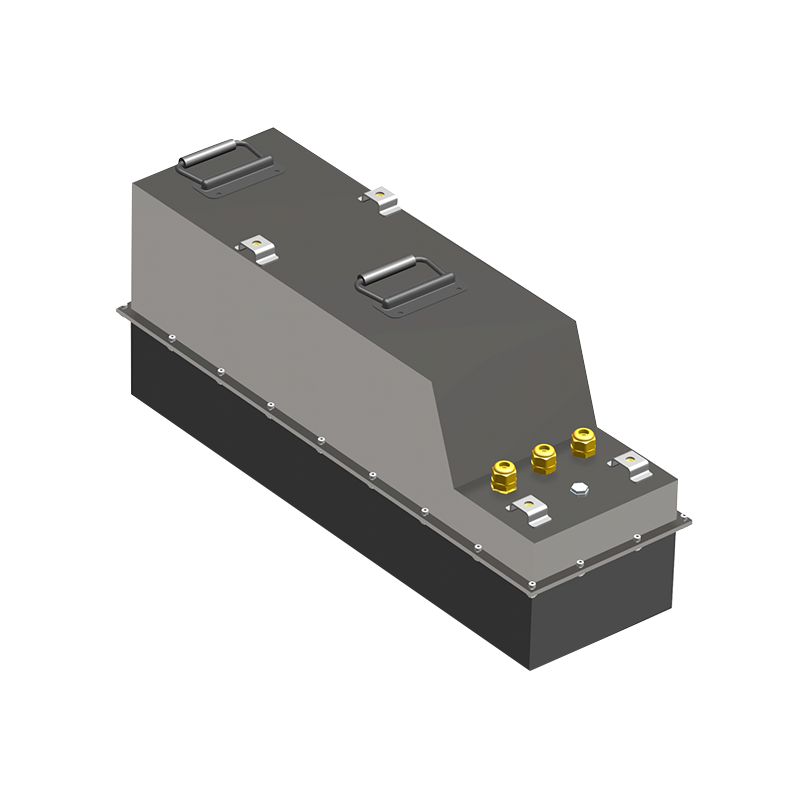Web Menu
Product Search
Exit Menu
LFP Lithium Ion Cell: A Promising Future for Energy Storage
In the quest for sustainable and efficient energy storage solutions, the LFP Lithium Ion Cell has emerged as a pilot contender. With increasing demands for reliable power sources in various applications, from electric vehicles to renewable energy systems, LFP (Lithium Iron Phosphate) cells are gaining significant attention for their unique combination of safety, longevity, and performance.
LFP Lithium Ion Cells are a type of rechargeable battery that uses lithium iron phosphate as the cathode material. This chemistry offers several advantages over other lithium-ion battery chemistries, making it particularly suitable for applications where safety and cycle life are paramount. The use of iron phosphate in the cathode provides a stable and robust structure, which enhances the battery's thermal stability and overall safety.
One of the key benefits of LFP Lithium Ion Cells is their predominant safety profile. Compared to other lithium-ion chemistries, LFP cells exhibit lower thermal runaway risks, making them less prone to overheating and combustion. This enhanced safety is crucial in applications such as electric vehicles (EVs) and energy storage systems, where the potential for catastrophic failure must be lessd. The stable chemical structure of LFP cells also contributes to their long cycle life, ensuring that they can withstand repeated charging and discharging cycles without significant degradation.
In addition to safety and longevity, LFP Lithium Ion Cells offer competitive performance characteristics. They provide a relatively high energy density, allowing for longer operational times between charges. This is particularly important for electric vehicles, where range anxiety remains a significant concern for many consumers. LFP cells also exhibit outstanding low-temperature performance, maintaining their efficiency even in cold conditions, which is essential for year-round reliability in various climates.
The versatility of LFP Lithium Ion Cells makes them suitable for a wide range of applications. In the automotive sector, LFP cells are increasingly being adopted in electric vehicles due to their safety and reliability. They are also used in hybrid vehicles, providing a robust and efficient energy storage solution that supports the transition to cleaner transportation. Beyond automotive applications, LFP cells are finding their way into renewable energy storage systems, where they can store excess energy generated by solar panels and wind turbines, ensuring a stable power supply even when the sun isn't shining or the wind isn't blowing.
Another significant advantage of LFP Lithium Ion Cells is their environmental impact. The use of non-toxic materials in their construction means that they are more environmentally friendly compared to some other battery chemistries. This is particularly important as the world moves towards more sustainable energy solutions and seeks to reduce the environmental footprint of energy storage technologies.
LFP Lithium Ion Cells represent a promising future for energy storage. Their combination of safety, longevity, and performance makes them a valuable solution for various applications, from electric vehicles to renewable energy systems. As the demand for reliable and sustainable energy storage grows, LFP cells are poised to play a significant role in meeting these needs. With their robust construction, outstanding safety profile, and competitive performance, LFP Lithium Ion Cells are set to contribute to a more sustainable and efficient energy future.
-

+86-13049701086
-

Stonehuang@CGONEN.com
-

No.88, Huji Road, Taizhou Bay Binhai New Area, Jiaojiang District, Taizhou City, Zhejiang Province, China


